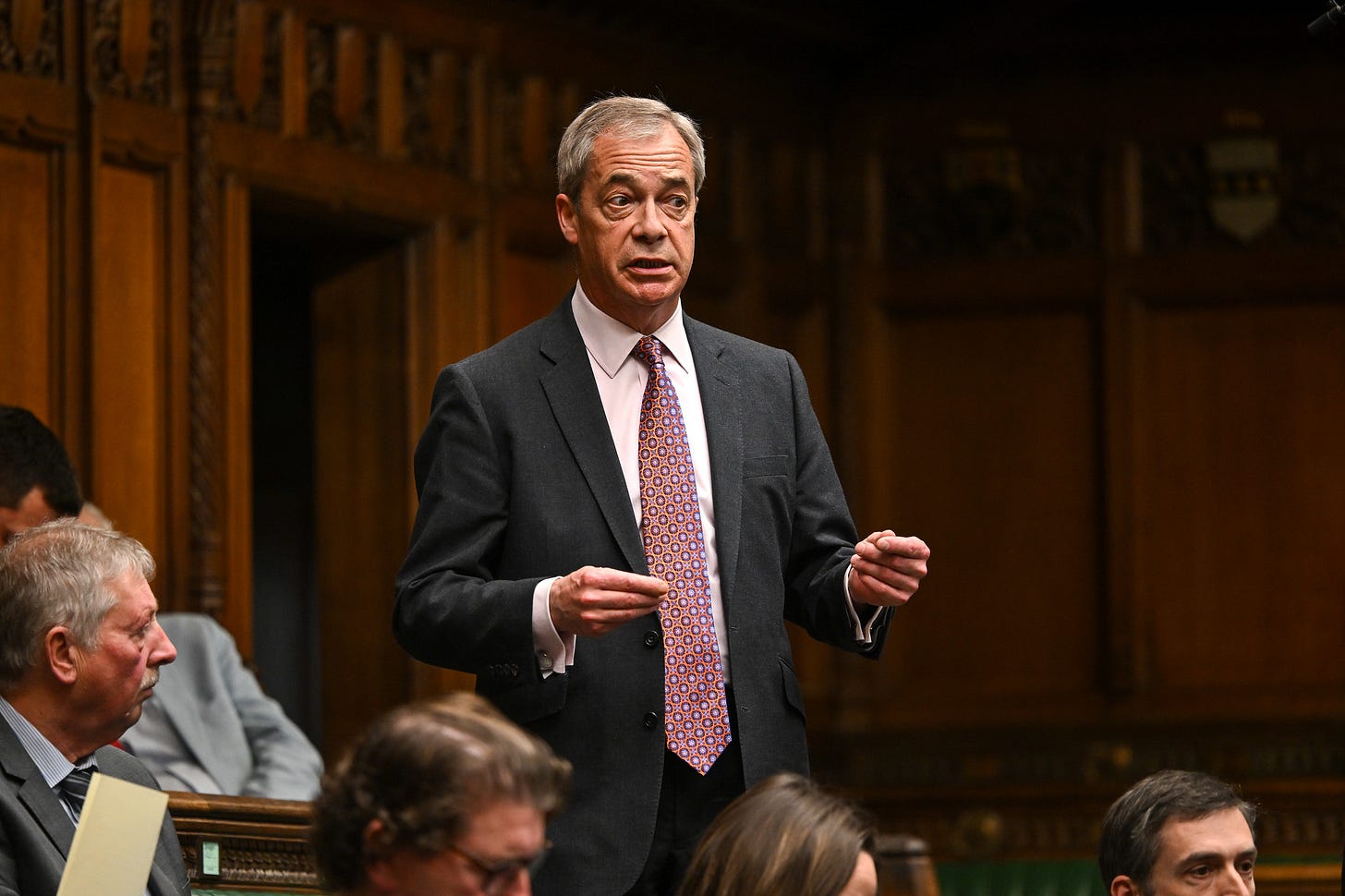Unions are the frontline for Labour’s battle against Reform
Plus: When will we start treating carers with respect? The Lead Untangles homeschooling, and the overdue closure of the non-dom tax loophole
Unions are alive to the threat of the populist right. They know what’s coming: a string of local elections which will see Reform UK make inroads into the red wall heartlands, stirring up old resentments and offering quick, populist fixes. And here’s the challenge: Labour’s hold on union members may be slipping.
Fo…





